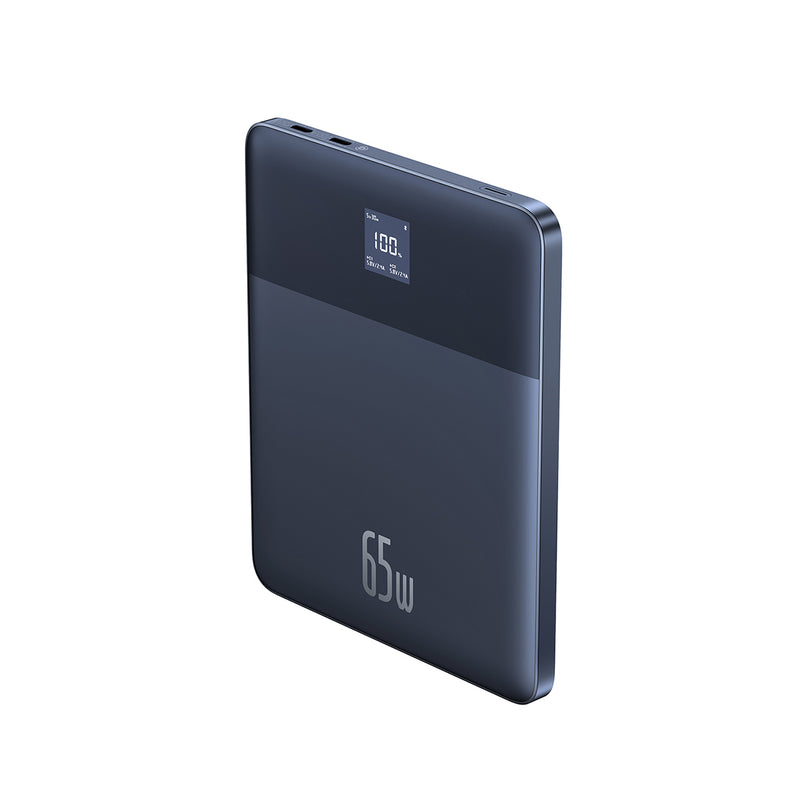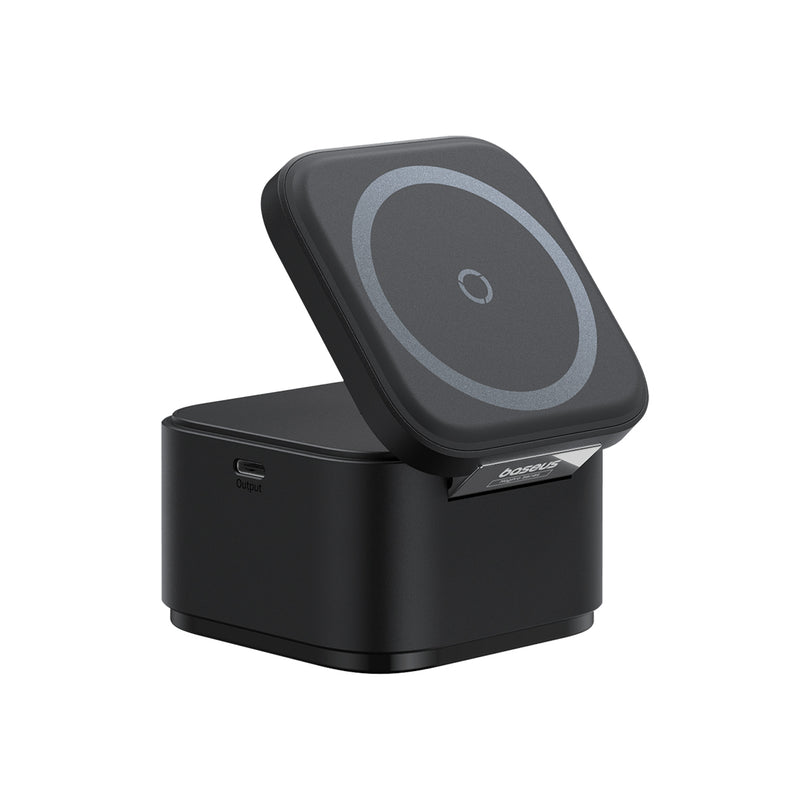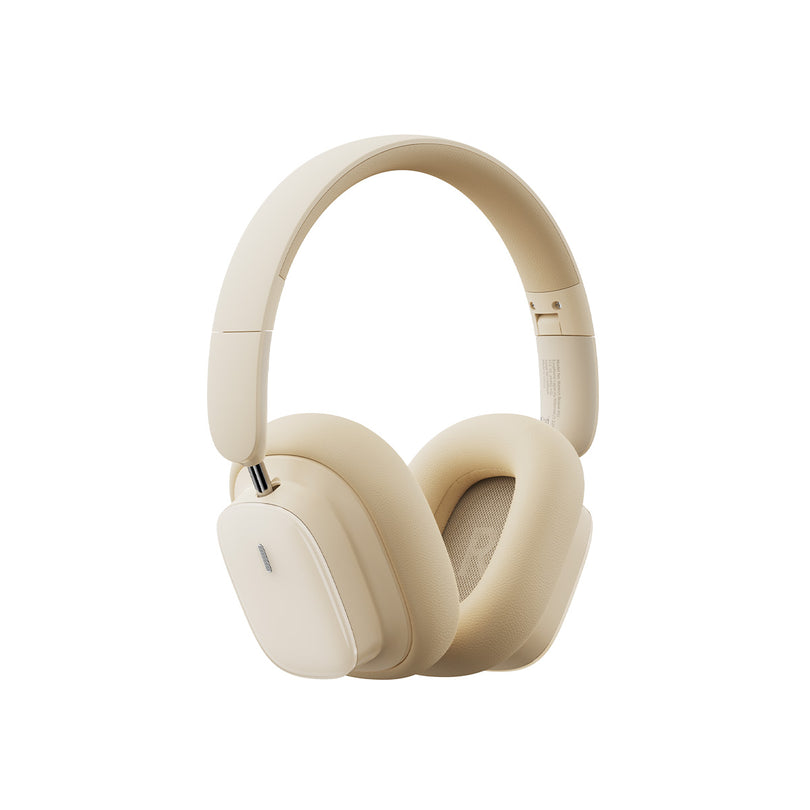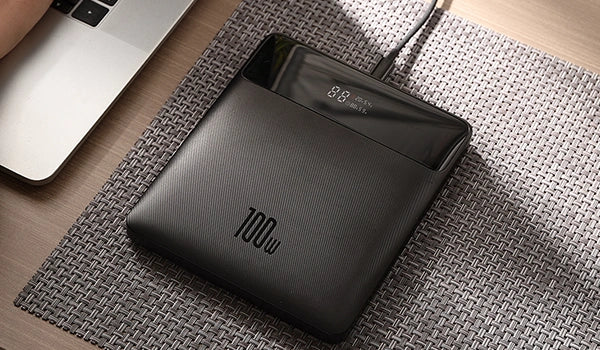Did you know that it's necessary to have a phone, cable, and adapter that are capable of using fast charging standards if you want to fast charge your phone?
In today's fast-paced world, we all want our gadgets to keep up with our busy lives, and nothing is more frustrating than a dead phone battery.
Enter fast charging: a seemingly miraculous solution to this problem. But is fast charging bad for your phone? As it turns out, the answer isn't as simple as a straightforward yes or no.
To clear up confusion, we have put together a guide that breaks down the top phone-related technology tips. Keep reading if you want to find out more.
What Is Fast Charging?

Fast charging is a technology that significantly speeds up the process of charging your smartphone. This reduces the time it takes to bring your device back to life.
It works by supplying a higher level of power to the smartphone battery. This enables it to reach its full capacity more quickly than with standard charging methods.
The key to fast charging lies in the way it manages power delivery. While charging your smartphone, the charger and the battery communicate with each other.
This guarantees that the optimal amount of current is supplied to the battery. This communication safeguards the battery life. It also prevents damage due to overheating or overcharging.
As the battery charges and reaches its maximum capacity, the power gradually decreases.
How Does Fast Charging Work?
If you've been wondering how a fast charger works, there are several important things that you should know.
A fast charger is a special kind of charger designed to charge your phone much quicker than regular chargers. To understand how it works, let's first look at how batteries and chargers usually work together.
When you plug your phone into a charger, the charger sends power to your phone's battery in the form of an electrical current.
The battery stores this power so that your phone can use it later. Now, imagine the electrical current as water flowing through a pipe. The more water (current) that flows, the faster the battery will fill up (charge).
A fast charger works by increasing the flow of electrical current compared to regular chargers. To function properly, a fast charger needs to use a USB C cable.

It's like using a bigger pipe to fill a bucket with water; the bucket will fill up faster because more water is flowing through the pipe at once.
But there's a catch: if too much current flows into the battery too quickly, it can get too hot and even become damaged.
That's why fast chargers are designed to be smart. They communicate with your phone to figure out how much current is safe for your battery at any given moment.
As your phone's battery gets closer to being fully charged, the fast charger will slow down the flow of current to avoid any damage.
This is one of the main differences between fast chargers and regular chargers.
While both types of chargers can communicate with your phone to some extent, fast chargers are better at adjusting the power delivery to charge your phone as quickly and safely as possible.
Is a Fast Charger Bad for Your Phone?
Fast charging, in general, is not inherently bad for your phone. However, certain circumstances can make it potentially harmful to your device.
Knowing when to buy a fast charger and how to use it properly can help you get the most out of this technology while minimizing any potential risks.
Under the right conditions, fast charging is not harmful to your phone.
When using an original or certified charger from the phone's manufacturer, or a reputable third-party option, fast charging can be safe and efficient.
Manufacturers design these chargers to work in harmony with your device, ensuring that the power delivery is optimized for your specific smartphone model.
On the other hand, using a low-quality or counterfeit fast charger can pose risks to your device.
These chargers may not be built to the same safety standards, lacking the proper communication protocols and protective features, which could lead to overheating, overcharging, or even damaging your phone's battery.
In these cases, fast charging could be harmful to your device.
Another aspect to consider is the electrical supply to the charger. Investing in a surge protector can help protect your device from potential power surges that may occur in your electrical system.
These surges can damage your smartphone and charger, regardless of whether you are using fast charging or standard charging.
The Best Fast Chargers
To find the best fast chargers, start by checking if your phone's manufacturer offers a fast charger specifically designed for your device.

This will ensure optimal compatibility and performance. If your manufacturer doesn't offer one, or you want to explore alternatives, look for reputable third-party brands known for producing high-quality chargers.
Always check user reviews and expert recommendations to determine which fast charger will best suit your needs.
Additionally, make sure that the charger you choose supports the fast charging standard used by your phone.
Is Fast Charging Bad for Your Phone?
If you have been asking "is fast charging bad for your phone?", there are several important things that you should understand.
The best fast chargers use smart technology to make sure that your phone does not get damaged when it charges. This is why it is essential to use a fast charger that is made by a reputable company.
Keep in mind that it is necessary to use a USB C cable to fast charge your phone.
Are you ready to purchase a fast charger for your phone? If so, we can help you, don't hesitate to visit our products page to get started today!
 United States/English
United States/English










